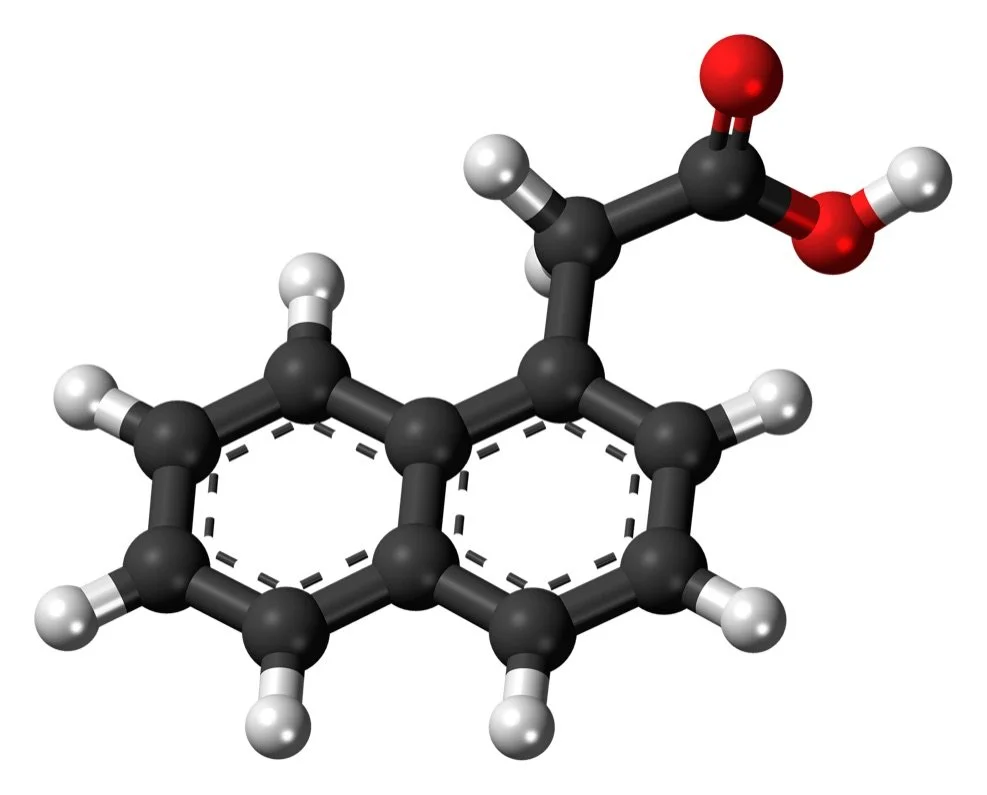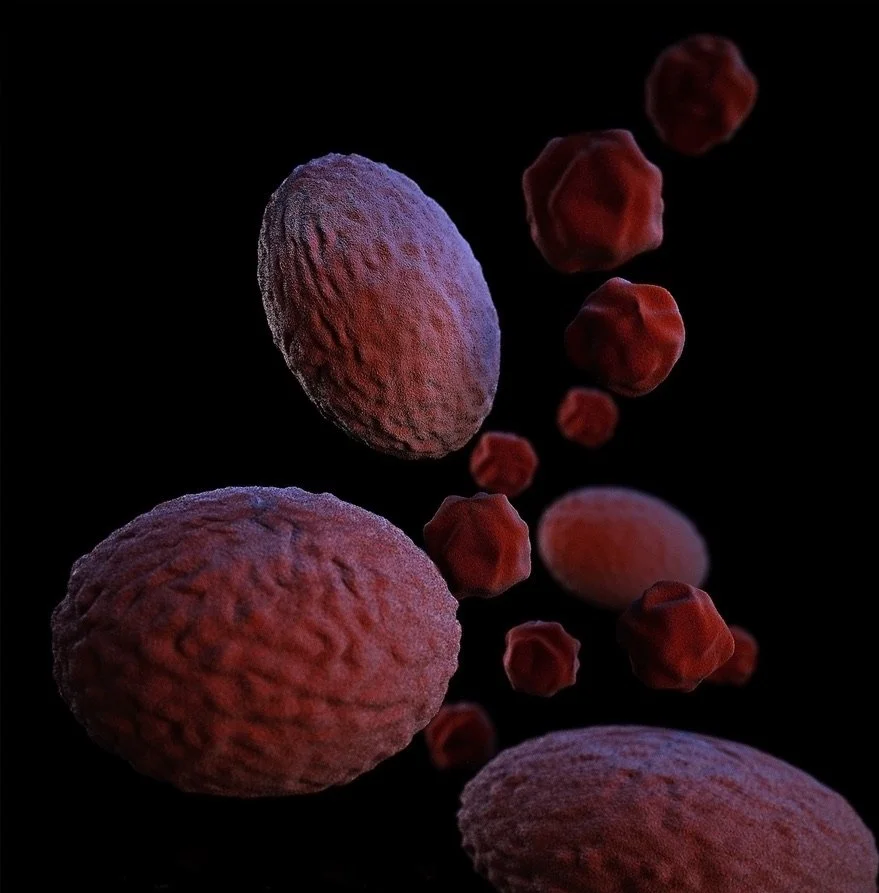Find other categories
Other Hormone Issues
Hypothyroidism is the name given to a condition characterized by underfunction of the thyroid, a butterfly-shaped gland located in the front of the neck below the Adam’s apple. Hormones produced by the thyroid affect many important body functions including lipid metabolism and carbohydrate metabolism, growth, the cardiovascular system and the reproductive system.
In this internet age, it is common for people to search for potential causes of symptoms they are experiencing, looking for diagnostic conditions that explain them. There is a lengthy list of symptoms that lead people to conclude they might have systemic candida, but there can be problems with quickly arriving at this conclusion. First, conventional medicine does not recognize systemic candida (sometimes referred to as “yeast overgrowth syndrome”, “candida overgrowth,” “chronic candida,” or “candida hypersensitivity syndrome”). Second, the long list of symptoms associated with it can be caused by a number of other conditions.
When considering changes that need to be made in order to have a healthy lifestyle, nutrition, physical exercise and sufficient sleep are usually the first things that come to mind. But stress management can also play a critical role. This is because of the many ways that chronic stress undermines good health.
This 2-part series discusses what is involved with “lifestyle change”, which many of us have been advised by our doctors or other health care providers to do. In Part 1, we first reviewed the overall contributors to health and disease: genes, environmental (including social and economic) factors, epigenetic factors (if or when certain genes are turned off or on) and, of course, lifestyle. We then focused specifically on two aspects of lifestyle: stress management and physical exercise. Part 2 focuses on another important aspect of lifestyle change necessary for attaining better health: nutrition.
Those with chronic health conditions are frequently told by health care providers (and others) that they will see significant improvement in their health if they change their lifestyle. But which health conditions might these changes help? And what exactly does “lifestyle change” mean, what is involved, how easy is it, and how long does it take?
Sometimes called “andropause”, the question of whether men have a change of life similar to menopause for women has long been debated. While women experience age-related physical changes at a rather specific time (when ovarian function declines leading up to around age 50), for men the shift occurs much more gradually. A reduction in testosterone production happens over many years as men age, and can result in diminished muscular strength, energy and libido, erectile dysfunction, depression, and even osteoporosis. The problem is that these symptoms are often not seen in men with low testosterone and may also be caused by other factors such as stress, illness, medications, obesity, psychiatric conditions, diabetes, high blood pressure or low thyroid levels.
Osteoporosis is one of a small number of common metabolic diseases that show no symptoms until there’s a crisis. What’s the crisis? Bone fracture. How common is it? 30% of all women and 17% of all men 50 years or older experience one or more osteoporosis-related fractures in their lifetime. While the condition is generally four times more prevalent in women, that doesn’t mean men can afford to ignore it.
I frequently get calls from prospective clients asking if I can help them with adrenal fatigue. I then invite them to briefly describe their experience, how long they have been suffering, and if there are other health issues they are currently facing. Adrenal fatigue typically requires an extended conversation, this blogpost covers some aspects of this conversation.
The endocrine system consists of many glands distributed throughout the body, producing more than 50 hormones that are released into the bloodstream or the fluid surrounding cells. Receptors in various organs and tissues respond to these hormones in specific and vital ways that control metabolism, immunity, development and growth, reproduction and behavior.
You might think chlamydia is a rare sexually transmitted disease (STD) that you don’t need to worry about. Or that it has minor symptoms. Both these assumptions are wrong. Turns out chlamydia is the most commonly reported STD.










